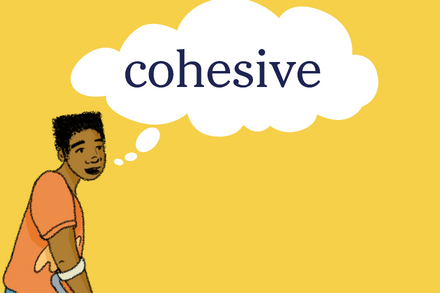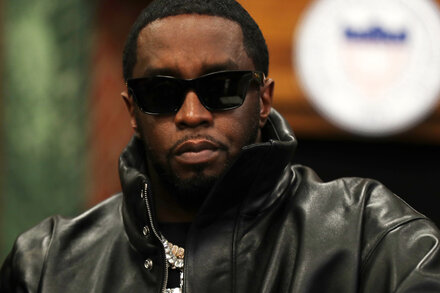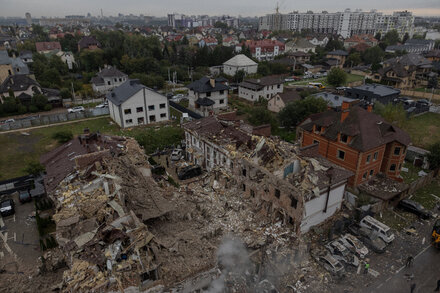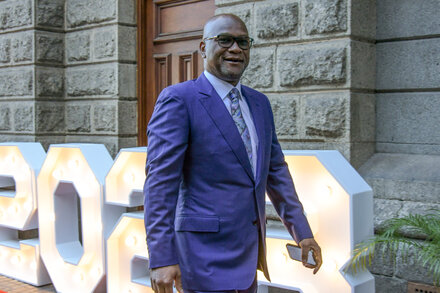The protracted conflict between former President Donald Trump and former FBI Director James Comey continues to resonate in American political discourse, nearly a decade after its most pivotal moments. What began as a contentious professional relationship escalated into a deeply personal and politically charged feud, demonstrating little sign of resolution or an “off-ramp” for either figure.
The origins of the animosity can be traced to the closing months of the 2016 presidential election, when Comey, then serving as FBI Director, made several public announcements regarding the investigation into Hillary Clinton’s use of a private email server. While the investigation ultimately concluded without charges, Trump, then a candidate, initially praised Comey’s actions, a sentiment that would later reverse dramatically.
The true escalation began with Trump’s presidency and the FBI’s ongoing investigation into Russian interference in the 2016 election and potential ties to the Trump campaign. Comey’s testimony before Congress and his subsequent interactions with President Trump became a focal point of intense scrutiny. The relationship reached its breaking point on May 9, 2017, when President Trump abruptly fired Comey.
In the immediate aftermath, differing justifications for the dismissal emerged. While the White House initially cited Comey’s handling of the Clinton email investigation, President Trump later indicated the decision was also related to the Russia probe.
“When I decided to just do it, I said to myself, I said, ‘You know, this Russia thing with Trump and Russia is a made-up story. It’s an excuse by the Democrats for having lost an election they shouldn’t have lost,'” Trump stated in an interview with NBC News shortly after the firing.
Comey’s dismissal triggered a firestorm, leading to the appointment of Robert Mueller as Special Counsel to investigate Russian interference and potential obstruction of justice. Comey himself became a central figure in the investigation, providing testimony and later detailing his interactions with Trump in his memoir, “A Higher Loyalty: Truth, Lies, and Leadership.”
“The president is a liar, plain and simple,” Comey asserted in a 2018 interview, characterizing Trump’s demands for loyalty and his attempts to influence the Russia investigation as deeply troubling.
A Persistent Legacy
Years removed from their direct professional engagement, the public sparring between Trump and Comey has never truly ceased. Trump has consistently used his platform to criticize Comey, labeling him a “liar,” a “leaker,” and a central figure in what he calls a “witch hunt” against his administration. Comey, in turn, has continued to be an outspoken critic of Trump, frequently commenting on his conduct and fitness for office through various media appearances and social media.
This enduring conflict transcends mere personal animosity; it represents a clash over fundamental principles of governance, justice, and the role of independent institutions. For many, the Trump-Comey saga encapsulates broader debates about political norms, presidential power, and the integrity of law enforcement, cementing their intertwined narrative as a persistent feature of America’s polarized political landscape.
Source: Read the original article here.





